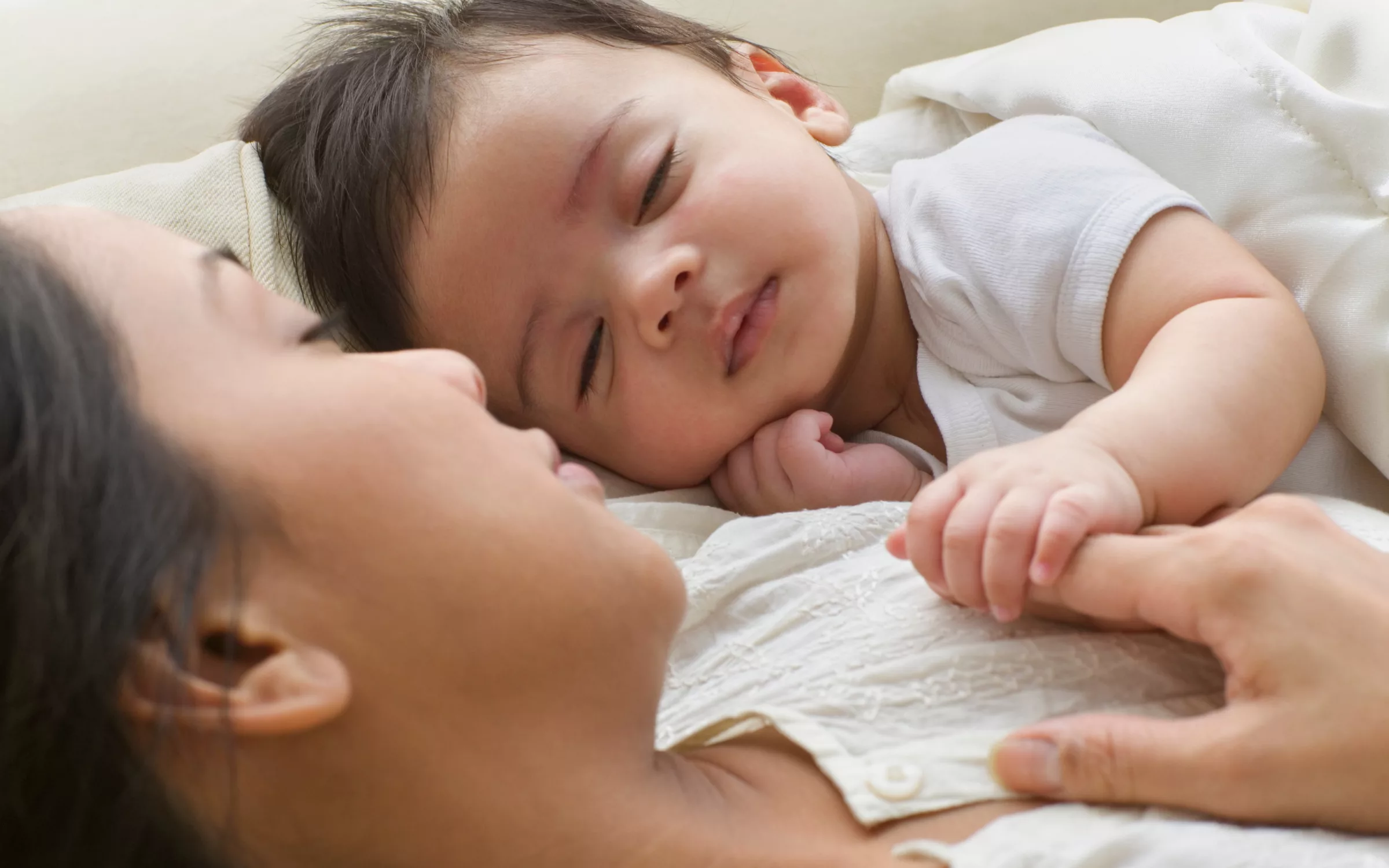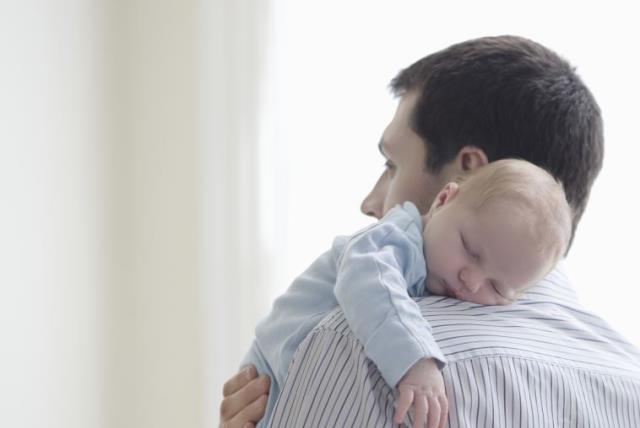One of the most debated topics in child rearing, co-sleeping, has both ardent supporters and adamant critics. Parents often ask, “Is co-sleeping beneficial for your child? Why or why not?” Understanding the ins and outs of co-sleeping can help you make an informed decision.
Understanding Co-Sleeping

Before we dive in, it’s essential to define co-sleeping. In essence, co-sleeping refers to parents and children sharing the same sleeping space. It can range from parents sharing their bed with their child, to having the child in a separate bed in the same room.
The Benefits of Co-Sleeping

There’s no denying that co-sleeping comes with a host of potential benefits, regardless of the age of the child involved. From boosting parent-child bonds to promoting feelings of safety, co-sleeping often proves to be beneficial.
Enhanced Bonding and Security

Co-sleeping often facilitates bonding and security. The child’s proximity to their parents during sleep fosters a sense of intimacy and trust, which can be particularly beneficial for young children, including toddlers and those under five years of age. Whether it’s co-sleeping with a 1-year-old or sharing the sleep space with a 4-year-old, the benefits of co-sleeping in this regard remain consistent.
Facilitating Easier Night-time Parenting

Particularly for parents of newborns, co-sleeping can simplify night-time parenting. Quick response to feeding needs, fussiness, or discomfort can be much easier if the baby is within arm’s reach.
Potential Positive Impact on Child’s Development

There’s a school of thought that believes co-sleeping might be good for the child’s development. It has been suggested that the sense of security co-sleeping fosters could have a positive impact on the child’s emotional development and self-esteem.
The Potential Drawbacks of Co-Sleeping

While co-sleeping does have its benefits, it’s essential to understand the potential drawbacks. Many parents often wonder, “Is co-sleeping bad for a 5-year-old?” or “Is co-sleeping with a 1-year-old bad?” The following points can help clear up these doubts.
Risk of Sleep-related Accidents
Co-sleeping, especially bed-sharing, has been associated with a higher risk of sleep-related accidents. This risk could increase with younger children, leading many parents to ask, “Is co-sleeping safe for a 2-year-old?”
Potential for Dependency
While the sense of security co-sleeping fosters is beneficial, there’s a risk of it turning into dependency. A co-sleeping 8-year-old, for instance, might find it challenging to transition to independent sleeping.
Disruptions to Parent’s Sleep
Co-sleeping might also affect the quality of sleep for parents, especially if the child is restless.
Weighing the Pros and Cons
Ultimately, the question “Is co-sleeping good or bad?” is not black and white. Parents need to weigh the benefits of co-sleeping with a 4-year-old or benefits of co-sleeping with a 5-year-old against the potential drawbacks.
The appropriateness of co-sleeping depends on factors such as the child’s age and the family’s sleeping habits. While some children might enjoy and benefit from co-sleeping, it might not work as well for others.
The most crucial aspect to consider is safety. No matter the age, whether it’s a toddler or a 6-year-old, ensuring that the co-sleeping arrangement is safe should be the top priority. For example, if you choose to bed-share, ensure that the sleeping surface is firm and flat, there are no loose blankets or pillows that might pose a suffocation risk, and that the baby can’t roll out of the bed or get trapped between the bed and the wall.
Strategies for Safe and Effective Co-Sleeping
For parents who decide that co-sleeping is the right choice for their family, there are several strategies that can make the practice safer and more beneficial.
- Consider a co-sleeper or sidecar arrangement: One way to maintain proximity while mitigating some of the risks of bed-sharing is using a co-sleeper or sidecar crib. This way, the child has their own designated space while still being within arm’s reach of the parent.
- Establish a bedtime routine: Consistency is key when it comes to children’s sleep. Establishing a regular bedtime routine can help signal to your child that it’s time to sleep, whether they’re a toddler or a 6-year-old.
- Transition gradually: If you decide to transition your child to their own bed, do it gradually. You can start by moving their bed into your room, then into their own room when they’re ready.
- Ensure safety: Whether you’re co-sleeping with a 1-year-old or a 5-year-old, safety should be your top concern. Follow the guidelines outlined by pediatric sleep experts to reduce the risks associated with co-sleeping.
Conclusion
Asking, “Is co-sleeping beneficial for your child? Why or why not?” indicates a proactive approach towards understanding and meeting your child’s needs. It’s a testament to the fact that there’s no one-size-fits-all answer when it comes to parenting.
Whether co-sleeping is beneficial or not largely depends on individual family circumstances, needs, and preferences. While co-sleeping can foster bonding and make night-time parenting easier, it’s not without its potential drawbacks, such as dependency issues or disrupted sleep for parents.
Ultimately, the decision about whether to co-sleep and how to do so safely should be based on informed judgement. It’s a deeply personal choice that each family has to make, taking into account the age and temperament of the child, the family’s lifestyle and sleeping habits, and, most importantly, the safety measures that need to be in place.
From asking “Is co-sleeping good for toddlers?” to understanding the benefits of co-sleeping with a 4-year-old or a 6-year-old, each stage of a child’s development brings new questions and considerations. And as your child grows and evolves, your approach to co-sleeping might need to adapt as well. That’s all part of the dynamic, ever-changing journey of parenthood.
